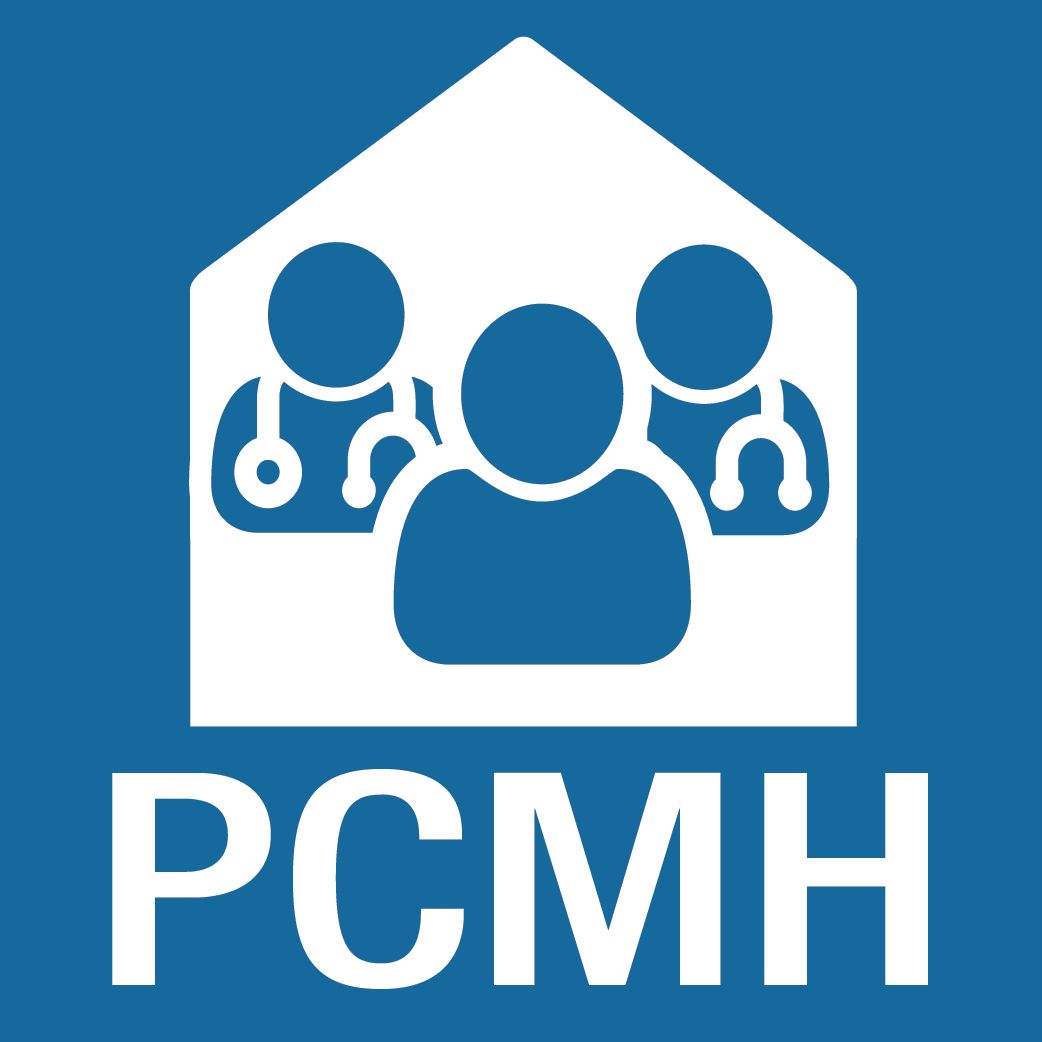According to the Iowa Department of Public Health, influenza activity continues to increase in Iowa. Flu germs can spread before symptoms even appear, and others can be infected up to a week after you become sick. The good news is, you can prevent the flu from spreading with these tips.
1. Get Vaccinated.
According to our experts at Crescent, getting vaccinated is the single most important thing you can do to prevent the flu. The Centers for Disease Control and Prevention (CDC) is recommending everyone over six months (who hasn’t previously had a bad reaction or is allergic) get a flu vaccination. Some people may experience mild symptoms including fever, headache, chills, and tenderness at the injection site. However, these symptoms are mild and go away within one or two days. Give us a call to discuss your vaccine options, there are four different types of flu shots for specific people – make sure to ask which is best for you!
2. Cover coughs and sneezes.
It is believed that flu germs spread through droplets from the mouth and nose. When you cough and sneeze use a tissue to cover your mouth and nose, be sure to throw the tissue away immediately and wash your hands.
3. Avoid touching your eyes, nose, and mouth.
It is easy to pick up the flu germ without even knowing it, because it can live for two to eight hours on hard surfaces according to the CDC.
4. Wash your hands…frequently.
According to the CDC hand washing is like a "do-it-yourself" vaccine which can reduce the spread of diarrheal and respiratory illness. Wash your hands often, and to make it effective follow these steps:
-Run warm water over your hands.
-Add soap.
-Scrub for at least 20 seconds.
-Rinse and dry.
If you are using hand sanitizer in places and circumstances where a sink isn’t available, make sure that it is at least 60 percent alcohol – remember this is not a replacement for washing your hands because it won’t tackle all germs. You’ll want to remind your children to wash up frequently, each time they use the bathroom, before eating, and after coming home from school.
5. Limit contact with ill family and friends.
If someone in your family or home does get the flu, take the following steps to prevent it from spreading.
- Keep the sick person home.
-Limit close contact between the sick person and other family members as much as you can while they are contagious (generally up to a week after symptoms show).
-Change sleeping arrangements if possible, to limit contact with sick person.
-Avoid using the same towels, utensils, washcloths, toys, and dishes as sick person.
6. Clean your home.
Flu germs love to linger on items you touch every day including floors, sinks, door handles, toilets, light switches, remote control, etc. Clean and disinfect these hot spots regularly. If someone in your home has the flu, take special care washing their things. You don’t necessarily have to wash their laundry separately, but use laundry soap and dry on a hot setting. Always wash your hands immediately after handling the dirty laundry.
Swap out your kitchen sponge. The sponge is the number one source of germs in most homes, it is often moist making it a breeding ground for bacteria. You can rinse your sponge and heat in the microwave for 60 seconds to help zap any living bacteria. Be careful when taking the sponge out, it can be hot (also never do this if your sponge contains metal). Even without flu season, you should be replacing your sponge two to four times per month.
7. Practice healthy habits.
A healthy lifestyle can be a powerful tool in fighting off illness. Make sure to get plenty of sleep, eat a healthy diet including fruits and vegetables, drink lots of fluids, exercise regularly, and manage stress.
Just remember…
Getting the vaccination is the most important and probably effective thing you can do to keep the flu from spreading. Maintaining healthy personal hygiene especially washing hands, and frequent house cleaning can go a long way in keeping the flu away. If someone in your home does get sick, keep this person at home, disinfect and clean the home well, and limit close contact with that person when possible.











